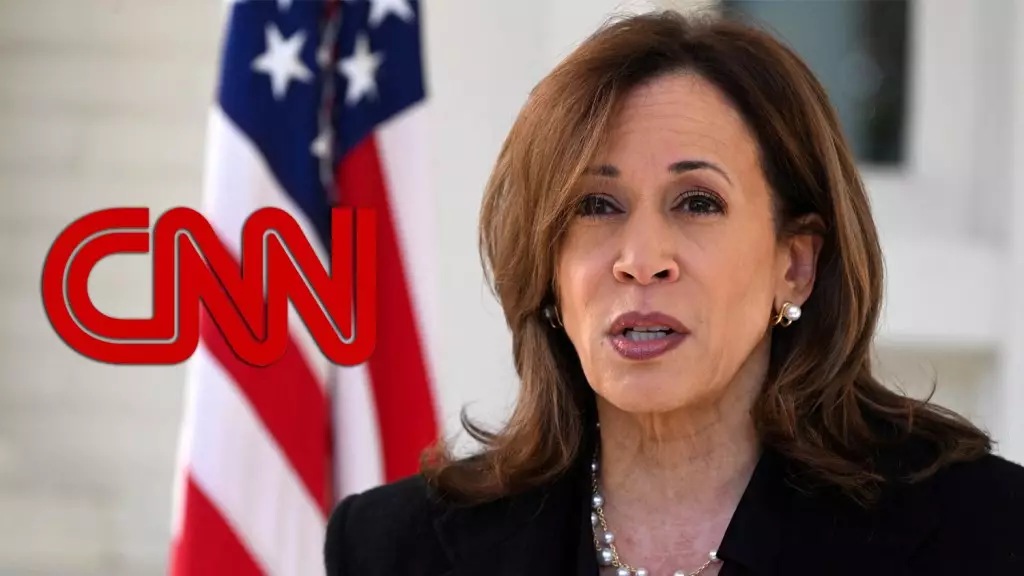In the current political scenario of the United States, the dialogue surrounding former President Donald Trump, especially as he seeks a second term, carries significant weight. Recently, Vice President Kamala Harris addressed comments made by General John Kelly, former Chief of Staff to Trump, during a CNN town hall. Kelly’s characterization of Trump as fitting “the general definition of fascist” ignited a firestorm of debate, signifying the deep divisions and intense scrutiny that define today’s political landscape. This conversation is set against the backdrop of an imminent election, casting a spotlight on each candidate’s stance and credibility.
General Kelly’s remarks were not merely a personal critique but rather a stark warning about the potential implications of a Trump presidency. As someone who previously held a position of authority within the Trump administration, his insight carries both weight and a unique perspective. Notably, his chilling accounts of Trump’s purported admiration for Hitler and his “Hitler-like generals” urgently contribute to broader discussions about the legitimacy of Trump’s political ambitions. Harris’s agreement with Kelly reflects a growing concern among Democrats about the possible consequences of Trump’s candidacy in a nation still grappling with the outcomes of his first term.
During the CNN town hall, Vice President Harris’s immediate affirmation that she believes Trump embodies fascist tendencies underscores the seriousness with which Democratic leaders view the upcoming election. The urgency is palpable, as the Vice President prepares to deliver a closing argument for her party in a politically charged environment. Positioned at the Ellipse—historically significant for its connection to the Capitol riots—Harris’s words may resonate as a rallying cry for voters wary of Trump’s return.
In stark contrast, Trump’s avoidance of direct engagement with criticism demonstrates a reluctance to confront the myriad accusations against him. Instead of participating in a traditional debate format, he opted for town halls in less mainstream venues, speaking to his base in more familiar surroundings. This tactic highlights a strategic approach designed to bolster his position while circumventing rigorous questioning from mainstream media, illustrating a trend in contemporary political campaigns where traditional norms are increasingly disregarded.
Symbolism of the Current Political Climate
The metaphoric language employed at Trump’s rallies, such as the paternal figure described by Tucker Carlson, taps into a nostalgic yearning for authority and decisiveness. This portrayal not only reflects his supporters’ sentiments but also raises questions about the nature of leadership in a democracy. As Trump’s potential candidacy looms, the implications of such rhetoric and the philosophical underpinnings of his movement require careful examination.
As Election Day approaches, the dialogue surrounding Trump’s potential return to power is both critical and contentious. Harris’s clear stance, rooted in the admonitions of figures like General Kelly, speaks volumes about the stakes involved. Voter engagement and awareness will shape the path forward, emphasizing the necessity of informed discourse amid a political environment rife with division and alarm. The upcoming weeks will undoubtedly test both parties’ resilience and commitment to democratic principles in the face of an unprecedented political landscape.

